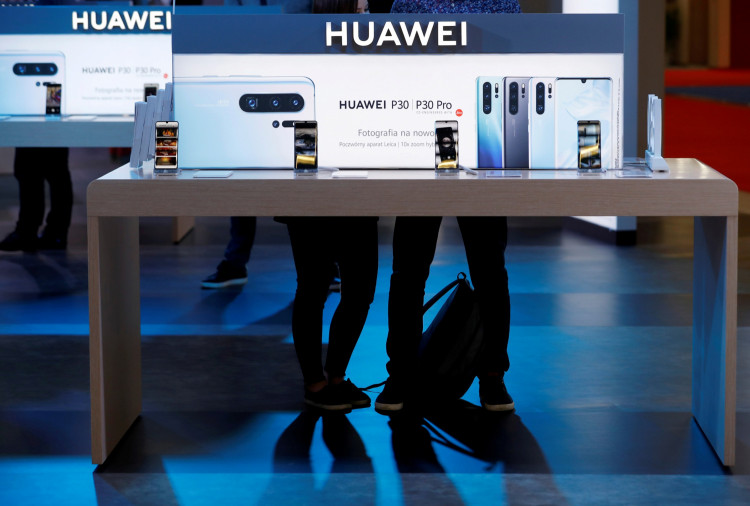A report claimed that China benefits from corporate supply chains and investment projects for higher revenue. The relations between China and the US recently affected global businesses that might lose propositions and incur losses caused by trade tensions.
According to the president of the EU Chamber of Commerce in China Joerg Wuttke, the trade relations between the US and China has threatened the ease of business operations of global chipmakers in the technology industry. He noted that the suppliers of tech companies such as Huawei rely heavily on US technology in producing their products sent to Chinese tech companies. Hence, the trade tensions between the two have resulted in several disadvantages for the EU.
Wuttke claimed that the European companies that deal with Russia and Iran are currently challenged in doing business without incurring delays and losses due to the newly established US restrictions on the trade of American tech. This year, the US Senate passed a bill that would compel Chinese companies to abandon their US listings and would tighten rules against Chinese telecom company Huawei. The said mandate was then perceived to adversely affect the main commercial link between China and the rest of the world.
On the other hand, Huawei established new controls as well. Last summer, a survey was conducted on members of the American Chamber of Commerce in Shanghai. The results showed that 21 percent of the participants felt pessimism towards their outlook for business with China until 2025. Furthermore, the data also showed that since 2000, the number of respondents that felt pessimistic about doing business with China did not exceed nine percent.
The report then claimed that Beijing still continues to please US companies to promote a larger influx of investments into China. Wuttke added that the investors are placed in an advantageous position, but exporters from the US are experiencing the opposite. The said adverse effects of the trade tensions to US exporters was due to their susceptibility to the substitution of suppliers.
The report also expanded that the trade tensions accelerated the adverse effects on business since global supply chains are greatly dependent upon China for products and services. Hence, the resilience was deemed inefficient as it generated more costs for businesses to seek other supply chains outside of China.
In the hardware sector, companies were said to experience constant uncertainty about the possible growth of businesses. US chipmaker Qualcomm that supplies Huawei chips for the development of the latter's smartphones and devices would be barred from continuing operations unless they secure a license to deal with Huawei from the US Commerce Department.





